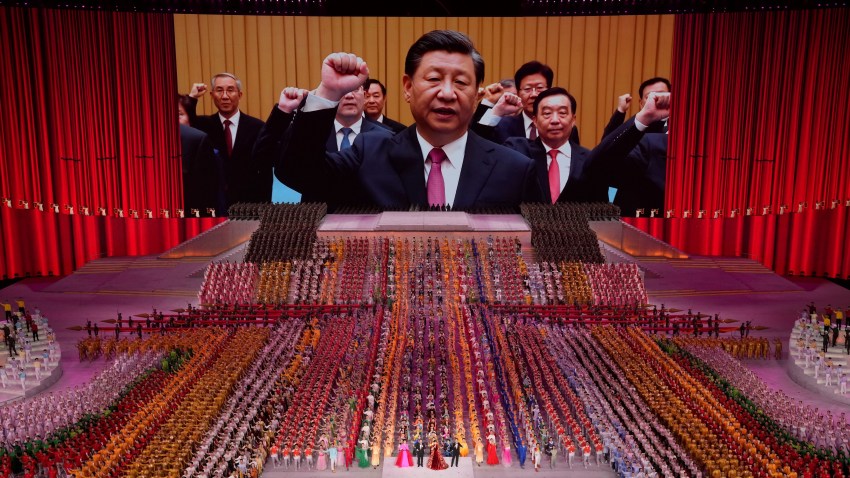As much as any other single development, China’s rise over the past two decades has remade the landscape of global politics. Beginning with its entry into the World Trade Organization in December 2001, China rapidly transformed its economy from a low-cost “factory to the world” to a global leader in advanced technologies. Along the way, it has transformed global supply chains, but also international diplomacy, leveraging its success to become the primary trading and development partner for emerging economies across Asia, Africa and Latin America.
But Beijing’s emergence as a global power has also created tensions. Early expectations that China’s integration into the global economy would lead to liberalization at home and moderation abroad have proven overly optimistic, especially since President Xi Jinping rose to power in 2012. Instead, Xi has overseen a domestic crackdown on dissent, in order to shore up and expand the Chinese Communist Party’s control over every aspect of Chinese society. Needed economic reforms have been put on the backburner, while unfair trade practices, such as forced technology transfers and other restrictions for foreign corporations operating in China, have resulted in a trade war with the U.S. and increasing criticism from Europe.
Meanwhile, China’s “quiet rise” has given way to more vocal expressions of great power aspirations and a more assertive international posture, particularly with regard to China’s territorial disputes in the South China Sea. Combined with Beijing’s military modernization program, that has put Asia, as well as the United States, on notice that China’s economic power will have geopolitical implications. The COVID-19 pandemic initially opened up opportunities for Beijing to expand its influence, but subsequently called into question both China’s credibility as a responsible stakeholder and the future of the supply chains that have fueled its economic success story.
All of these trends are now likely to gather momentum now that Xi has been reappointed to a third term as Communist Party chairman and Chinese president, breaking the two-term precedent set during China’s reform and opening up period. But as he concentrates power into his own hands, Xi also assumes greater responsibility for China’s successes—and its failures. With challenges piling up, there is no guarantee that China’s rise won’t lose steam, due to outside pressure from Beijing’s competition with Washington or mistakes and unforced errors of its own. And protests across China in 2022, which led to the abandonment of Xi’s draconian “zero COVID” policies, served as a reminder that despite his and the CCP’s grip on power, they are still ultimately accountable to the Chinese people.
WPR has covered China’s rise in detail and continues to examine key questions about what will happen next. Can China sustain its economic miracle in the face of demographic and environmental challenges—and competition with the U.S.? What role will China play in international development now that its Belt and Road Initiative seems to have run its course? Is China seeking to reshape the rules-based international system to better reflect its interests, or is Beijing’s goal to undermine and replace it? Below are some of the highlights of WPR’s coverage.
Our Most Recent Coverage
China’s Embrace of Nicaragua’s Ortega Could Backfire
Last week, Nicaragua canceled its deal with a Chinese company to build and manage a canal that stretches across Central America, ending a decade-long saga. Despite this development, China’s influence in Nicaragua has never been greater, in large part due to the diplomatic isolation of President Daniel Ortega’s autocratic government.
Editor’s note: This article was originally published in May 2019 and is regularly updated.

